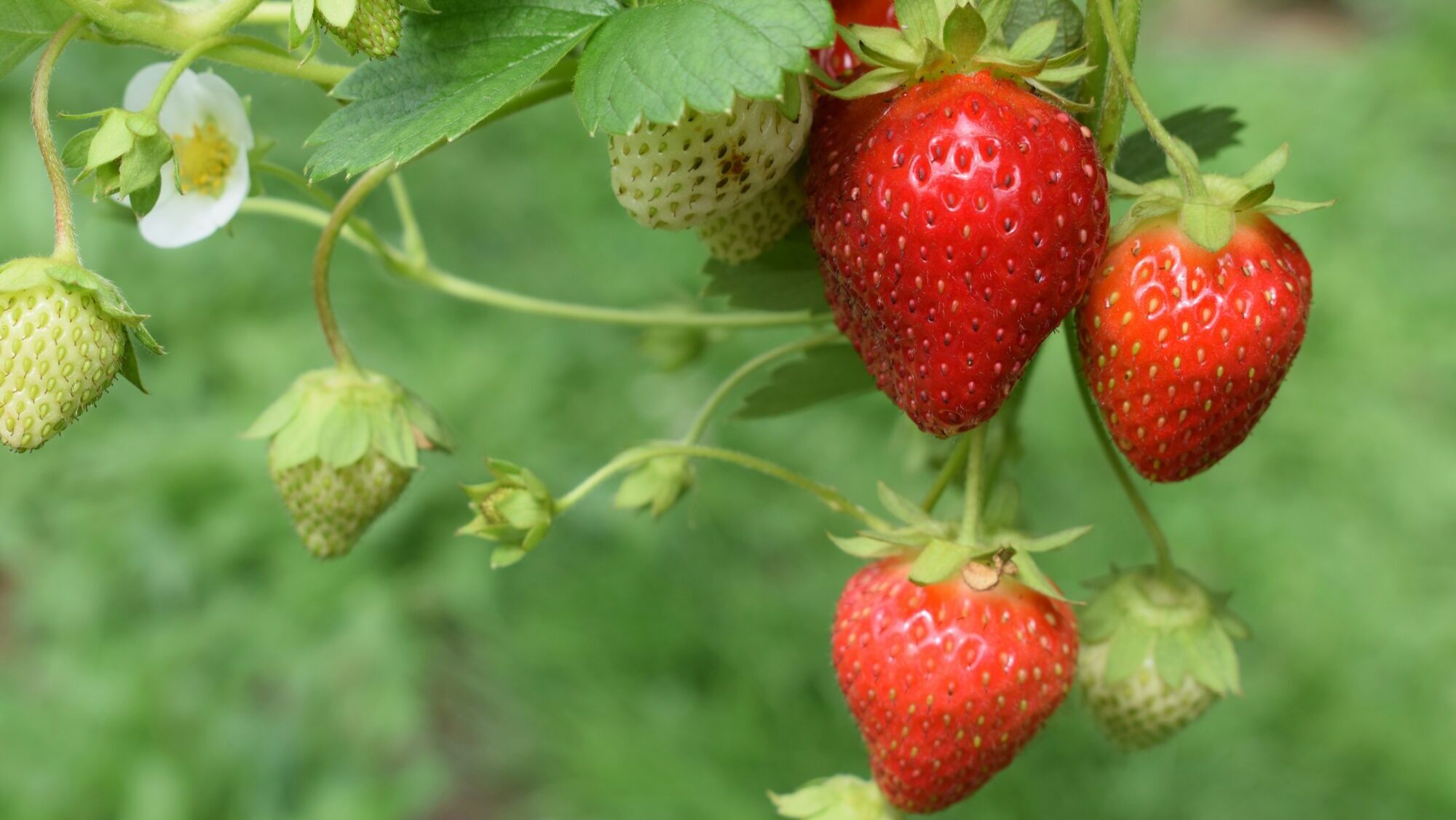
Photo: Oliver Hale on Unsplash
Spanish national populists VOX are calling for an end of agricultural imports from Morocco after hepatitis A was found in a shipment of strawberries from Spain’s north African neighbor. This follows weeks of Spanish farmers protesting about unfair competition from Morocco.
Alarm bells were raised by the incident, which caused a stir after the AVA-ASAJA—a Spanish farmer’s association based in Valencia—sent out a press release stating that contaminated strawberries from Morocco had been allowed to enter Spain.
The group had discovered the strawberries because one of its members regularly reviews the Rapid Alert System Feed and Food (RASFF), an EU-run portal where countries report products for human consumption found to fall below EU quality standards, noting levels of risk. Most of the products listed are imports from third countries, but it also includes those produced in EU member states. Member states conduct both on-site inspections of food production in third-party countries and random checks at ports of entry.
In the case of the Moroccan strawberries, the risk level was serious. According to Spanish media, the shipment of strawberries in question was 1,500 kilograms that arrived in Algeciras on February 19. The report was posted in the RASFF system on March 4th. The Spanish importer told the media that he had planned to sell them to a client in the Netherlands but that he lost the sale. Some 47 incidents with Moroccan products, including a previous one with strawberries, have been reported on the system since the beginning of the year.
Sources from Sanidad Exterior, the government department that handles health and safety testing of imports, told Spanish media that the strawberries would never have entered the European market.
Not every strawberry that enters Spain is tested to ensure that it meets EU quality standards for food safety but a sample from approximately 10% of shipments are tested. When a shipment is selected for testing, it is held in the port until the results arrive. If it’s found to be outside EU’s legal standards, it must either be destroyed under supervision of the authorities, returned to the country of origin, or transported to another country that would accept it. In some cases it can be repurposed as animal feed. When a product—like strawberries—has a short shelf life, the goods can often become unmarketable simply while waiting for the results of the tests.
Strawberries—known as red gold in the Spanish farming sector—are an important crop. Last year was a tough one for the Spanish industry. Production for the 2022-23 season was lower than expected and the 2023-24 season has not been better. So far for this season, only 9% of the expected harvest has come in when it should be at 20%. Despite lower harvests, prices have also fallen compared to two years ago. At the same time, imports from Morocco have increased.
In response, VOX has presented resolutions in all of Spain’s regional parliaments urging the Government to halt agricultural imports from Morocco. In the European Parliament, the Partido Popular has also called on the EU to enact emergency measures. The European Commission responded that the ball is in Spain’s court and that it has always been free to take the measures it deems necessary, including destroying the contaminated products.
